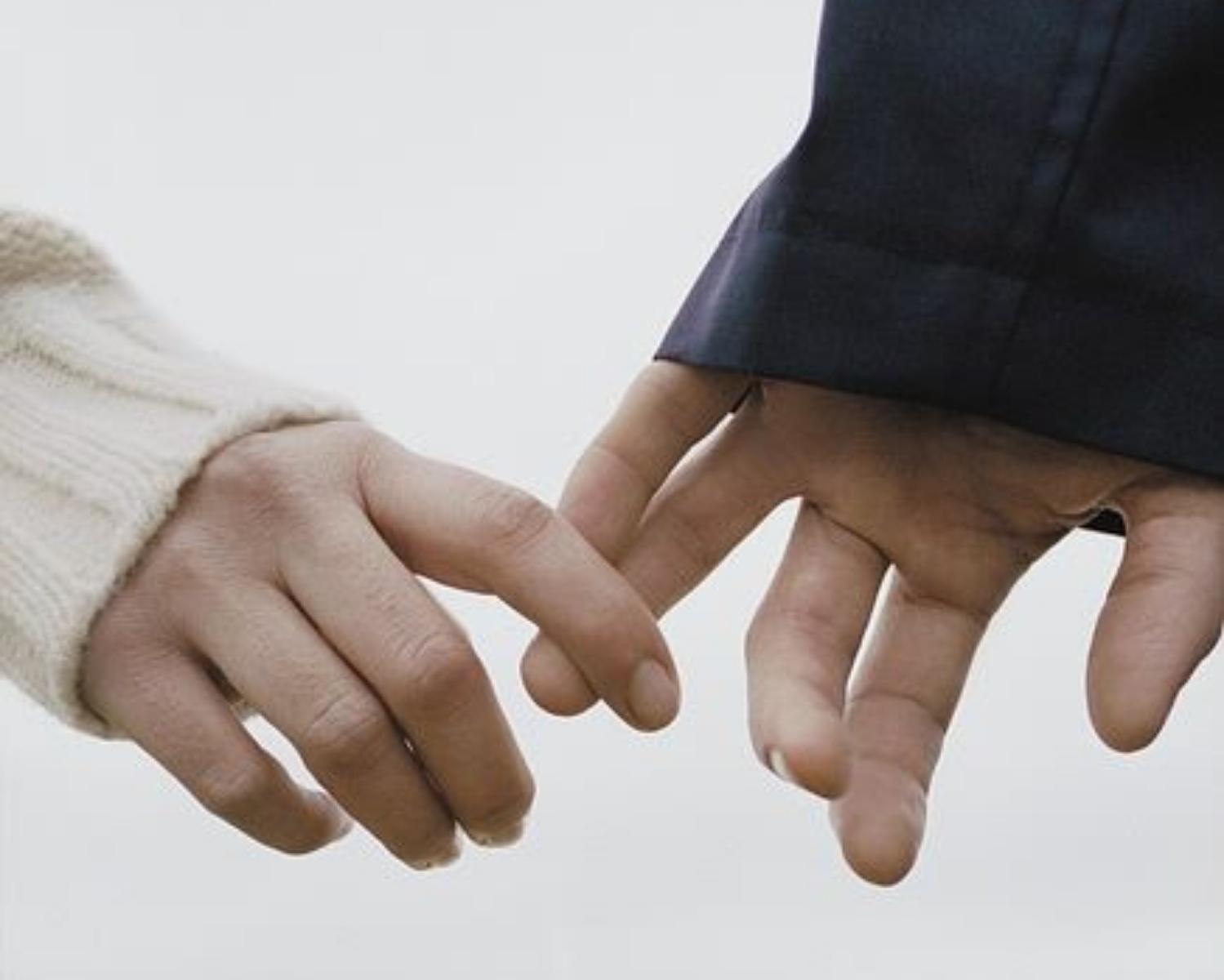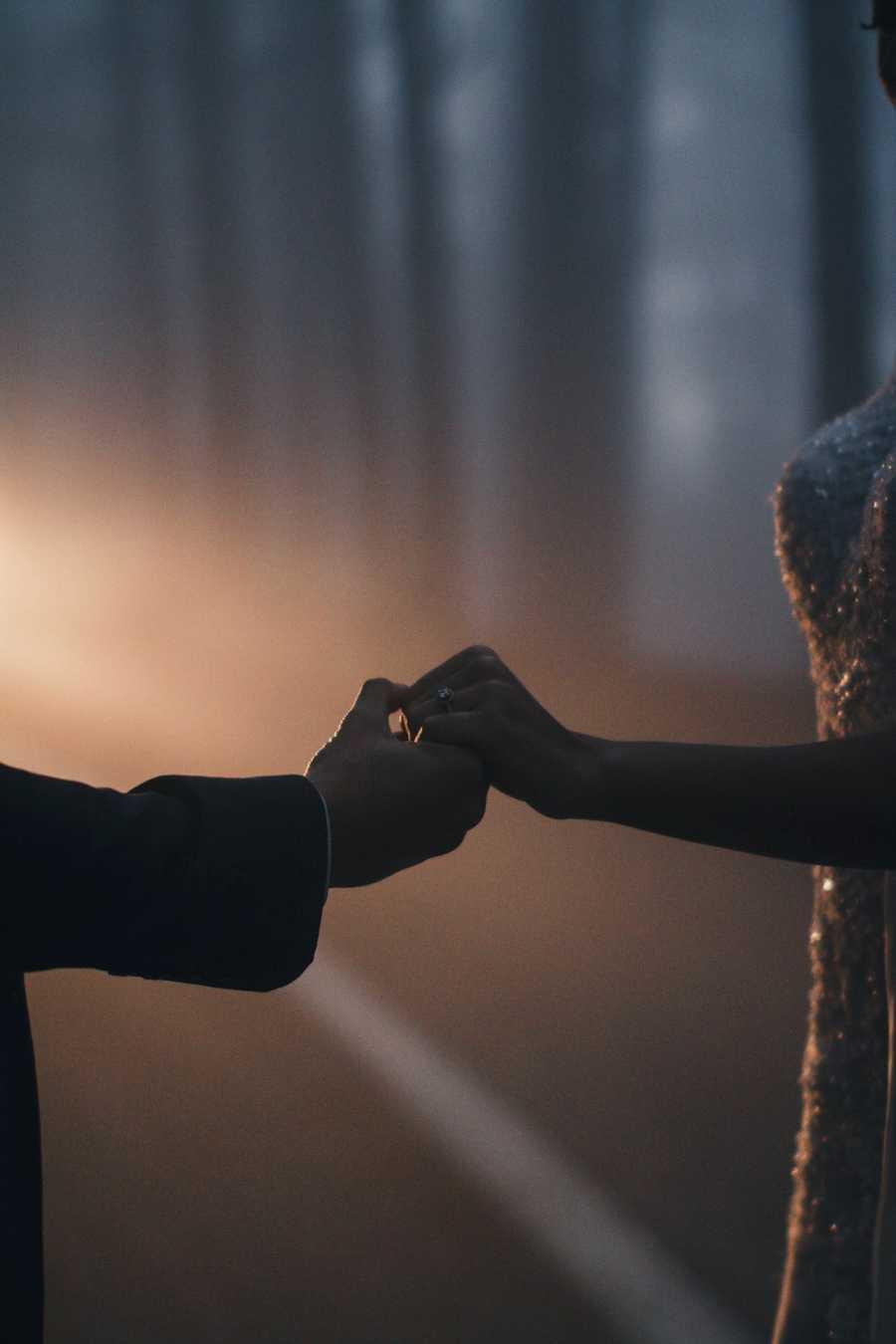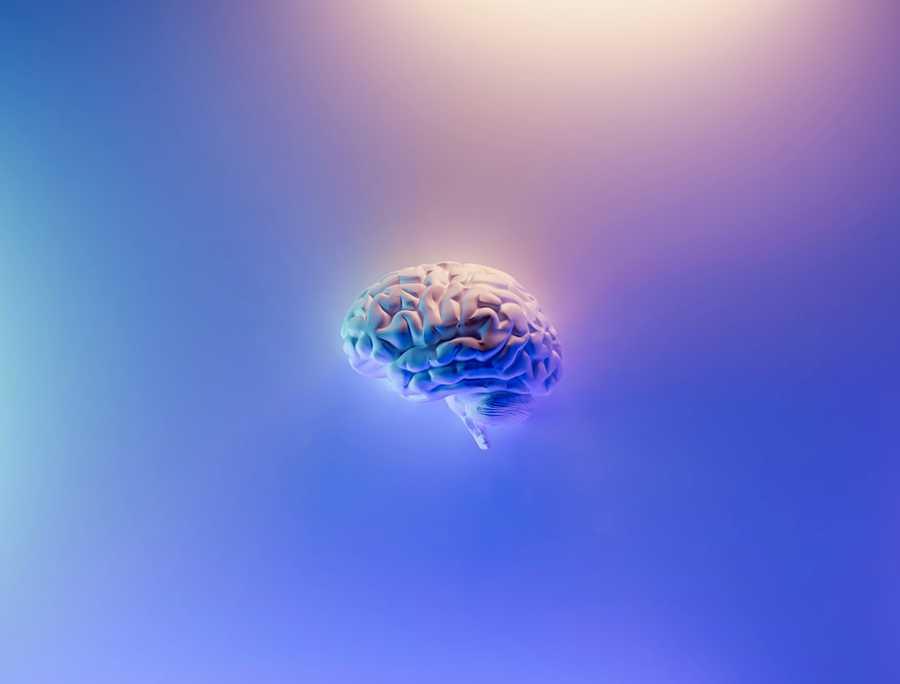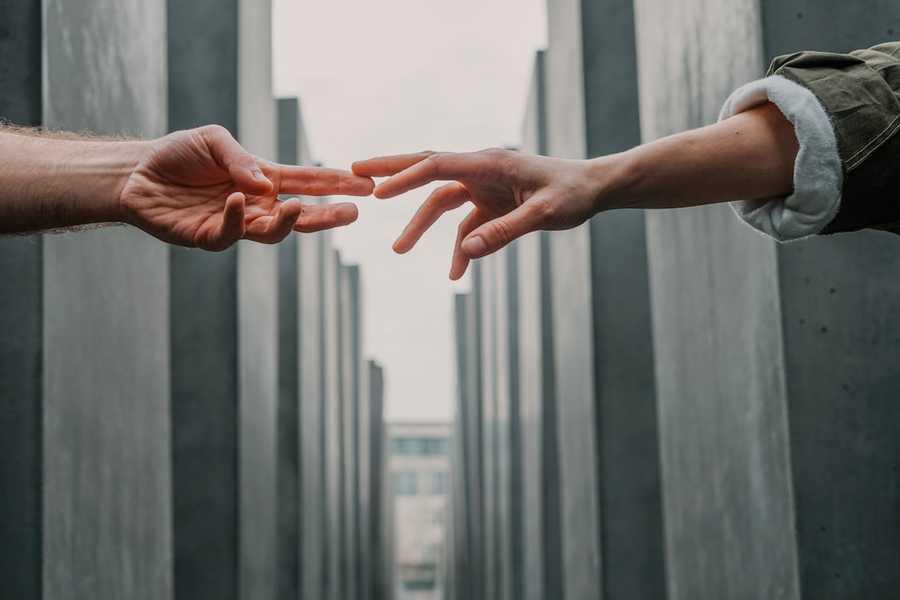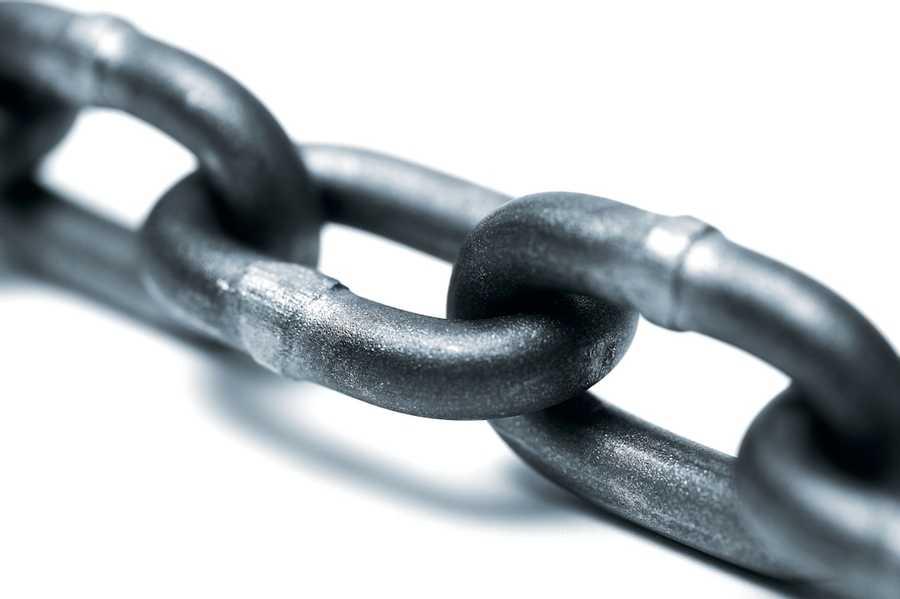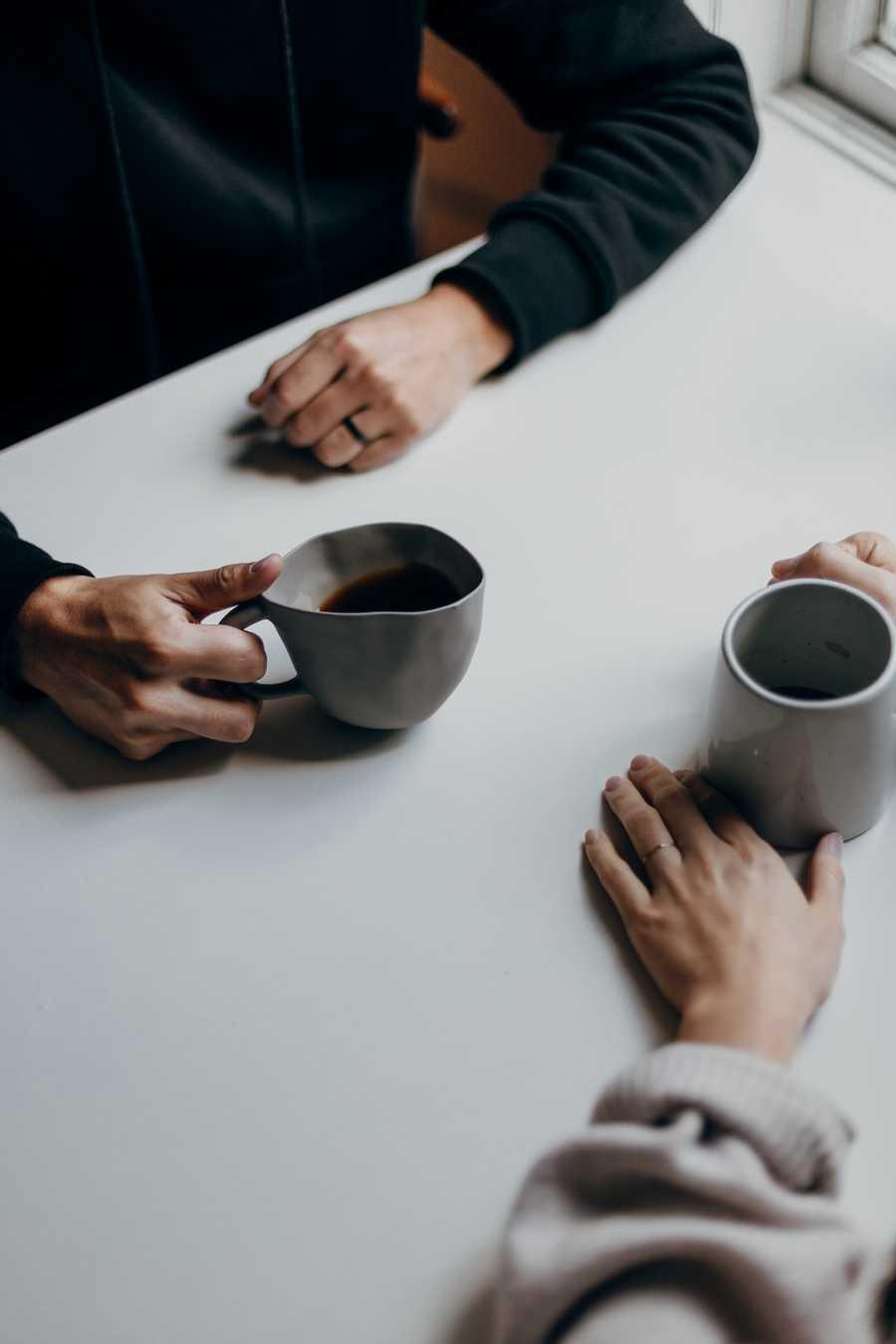How Tell If You're In a Trauma Bonding Relationship—and What To Do About It
Curated from: wellandgood.com
Ideas, facts & insights covering these topics:
7 ideas
·911 reads
8
Explore the World's Best Ideas
Join today and uncover 100+ curated journeys from 50+ topics. Unlock access to our mobile app with extensive features.
What Is Trauma Bond?
A trauma bonding relationship is reflective of an attachment created by repeated physical or emotional trauma with intermittent positive reinforcement, according to licensed psychologist Liz Powell, PsyD . Put simply, in a relationship with trauma bonding, there’s “a lot of really terrible stuff happening and then occasionally really great stuff happening," they say.
18
185 reads
Trauma Bonds Happen Anywhere, Not Just Relationships!
Trauma bonding isn't only happening in romantic relationships. You can see trauma bonding signs in dynamics that include fraternity hazing, military training, kidnapping, child abuse, political torture, cults, prisoners of war, or concentration camps, Dr. Powell says. “In cases of domestic violence or abuse, a lot of people have difficulty leaving abusers, because they have a strong connection to them that is able to keep them there even when things are very bad...”
17
128 reads
The Science Behind Trauma Bonds
Why it is so easy to become attached to anything that helps you get through a traumatic event: your brain associates that thing or person with safety. So, when an abusive person decides to comfort you or apologize—even for a trauma they, themselves, put you through—your brain latches on to the positive reinforcement rather than thinks through the long-term effects of staying with the abuser.
19
121 reads
“There is an intense connection due to the fact that there is a strong hormonal connection between the abuser and the victim. The feeling is that you need the other person in order to survive.”
20
129 reads
Understanding Trauma Bond
What's key to understand about a trauma bonding relationship is that it can't be healthy because it is not equal. “Oftentimes when folks are trauma bonding, it may look and feel safe for some,” says Eborn. “But there is a lot of inconsistency within the relationship, and it can be extremely dysfunctional. There is always a form of manipulation that is involved.”
And remember, trauma bonding can present in various forms of abuse: physical, emotional, and psychological.
18
107 reads
Signs Your Are Trauma Bonding
- The relationship is moving at an accelerated pace
- You feel very close even though you haven’t known each other for very long
- You make huge life changes for a relatively new relationship
- You put time and effort into the romantic relationship at the cost of friendships and family and other relationships
- You have an extreme fear of leaving the relationship
- You feel like they’re the only one who can fulfill your needs
19
134 reads
How To Deal With Trauma Bond
While the presence of the above factors, whether in isolation or grouped together, doesn't automatically mean a relationship is bonded by trauma. It can “feel like pieces of you are being ripped out in hugely violent ways,” Dr. Powell says.
To mitigate this effect and help you stay firm in your choice, surround yourself with a support system of friends, family, and mental-health professionals who can assist you through the process. “Trauma bonding can cause us to question our own reality or to trust someone else's reality more than our own,”
20
107 reads
IDEAS CURATED BY
F T's ideas are part of this journey:
Learn more about personaldevelopment with this collection
The role of coffee in social interactions
Different types of coffee and their preparation
The impact of coffee on society and economy
Related collections
Similar ideas
4 ideas
4 ideas
Ways to Tell If Someone Is Gaslighting You
verywellmind.com
4 ideas
Domestic Violence and Abuse - HelpGuide.org
helpguide.org
Read & Learn
20x Faster
without
deepstash
with
deepstash
with
deepstash
Personalized microlearning
—
100+ Learning Journeys
—
Access to 200,000+ ideas
—
Access to the mobile app
—
Unlimited idea saving
—
—
Unlimited history
—
—
Unlimited listening to ideas
—
—
Downloading & offline access
—
—
Supercharge your mind with one idea per day
Enter your email and spend 1 minute every day to learn something new.
I agree to receive email updates

